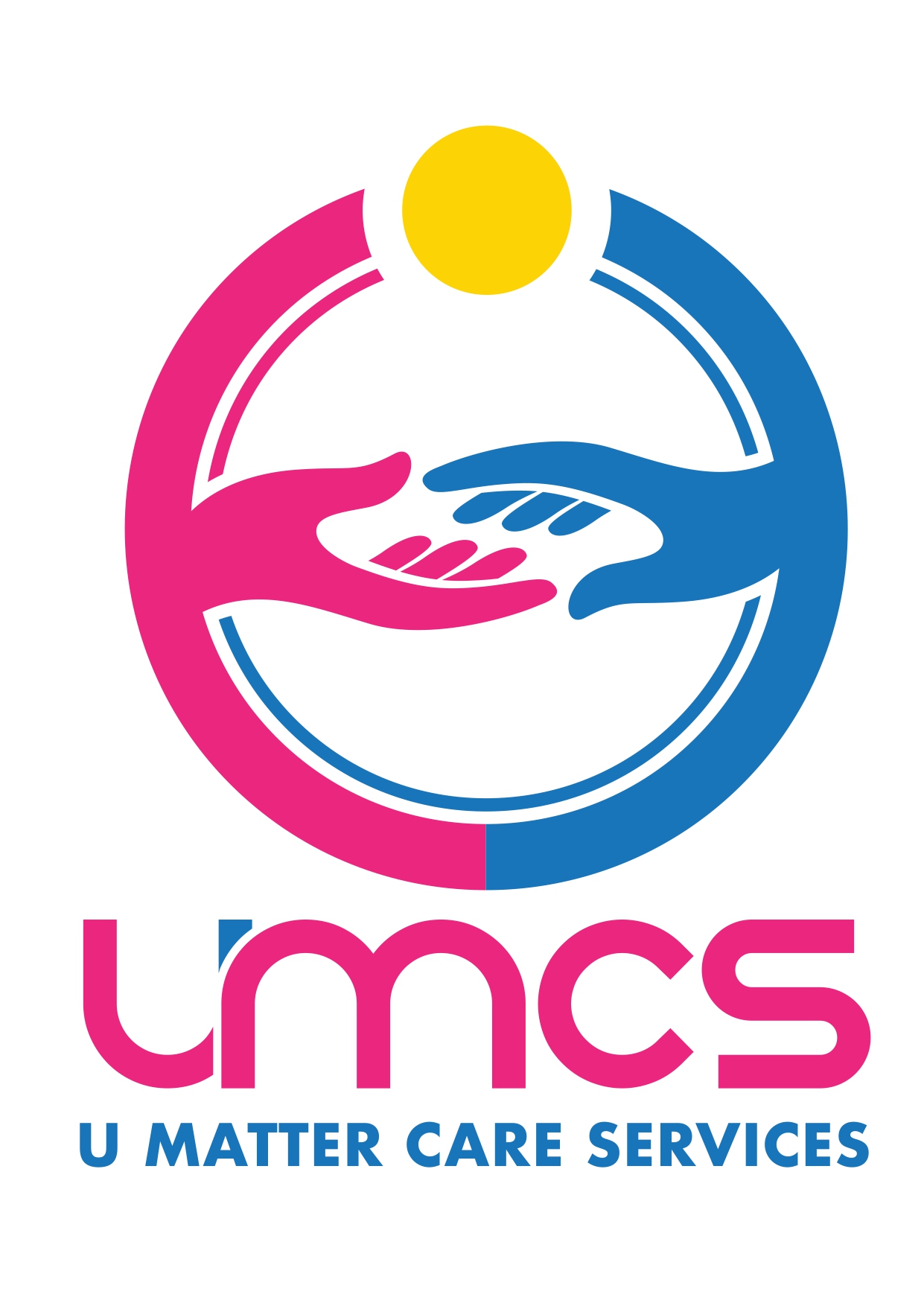Our Child Safe Commitment
We are dedicated to providing a child safe and child friendly environment where all children and young people are respected, feel safe, and are supported to speak up[[1](https://www.ndiscommission.gov.au/about-us/legislation-rules-and-policies/commonwealth-child-safe-framework)][2][3][5]. Every service, every activity, and every decision is made with the wellbeing and inclusion of children and young people at the centre.
National Principles for Child Safe Organisations
We have adopted the National Principles for Child Safe Organisations to guide all our work with children and young people. These principles ensure that:
- Child safety and wellbeing is embedded in our leadership, culture and governance
- Children and young people are informed about their rights and are heard in decisions about them
- Families and communities are involved and kept informed
- Equity is upheld and diversity is respected—culture, ability, gender, language
- Staff and volunteers are screened (WWCC & NDIS worker checks) and trained to work safely and respectfully with children[[1][2][3][5]]
- Physical and online environments are proactively made as safe as possible
- Complaints and concerns are responded to with expertise, transparency, and a child focus
- All staff receive ongoing education in child safe practice and reporting obligations
- Our child safe policies are regularly reviewed, improved, and shared
- All incidents and complaints involving children are documented and managed with clear, child-focused processes
Staff Screening, Training, and Supervision
- All NDIS child-facing staff must hold a valid Working with Children Check (WWCC) and NDIS Worker Screening clearance
- Pre-employment interviews, reference and identity checks, induction and regular refresher training
- Regular supervision and professional development about child safety, rights, duty of care, and legal reporting duties[[3][5][7]]
- Quarterly and annual reviews for everyone working with children
- Supervised, documented feedback from children and families is encouraged via surveys, meetings and our open feedback system
Safe Practice Principles and Participation
- Children and young people are told about their rights and support options in clear, accessible language (including Easy Read and AAC where needed)
- We check environments for hazards, hidden risks, and unsafe practices—including in online spaces[[2][1]]
- Our polices champion cultural safety (including for First Nations, CALD, LGBTIQA+ children)
- We never tolerate bullying, exclusion, or discrimination
- Private and personal care is always supervised or “two-person” where appropriate
- Children, young people and families are asked for suggestions and included in policy reviews[[1][2][3]]
Reporting Concerns or Harm
- If a child/youth or anyone else feels unsafe, tell any staff member immediately
- All staff and volunteers are mandatory notifiers—legally required to report suspicion of abuse, neglect or serious risk [[1][3][7]]
- Concerns can be raised anonymously and without fear of retaliation
- All complaints are taken seriously and referred to the appropriate body (e.g. Department for Child Protection, NDIS Commission, SA Police)
- Every report is confidential, handled with sensitivity, and logged
- Children/families get updates, support, advocacy and (if needed) debrief after reporting
Review, Monitoring and Improvement
- Child Safe policy and practice is reviewed every 2 years, or after any serious child-related incident
- Annual risk assessment and staff policy training
- Family and young people’s input included in every review
- Learnings from complaints and incidents feed back into our practice, training and supervision[[1][3]]
Your Voice & Rights
- Your child or family can speak to a manager, advocate, or external body at any time
- We help with interpreters, Easy Read, and advocacy with any complaint or concern
- No one will EVER be disadvantaged, penalised, or treated unfairly for reporting concerns or ideas
- All families receive a copy of our Child Safe statement, can access all policies, and are invited to ongoing conversation and feedback
